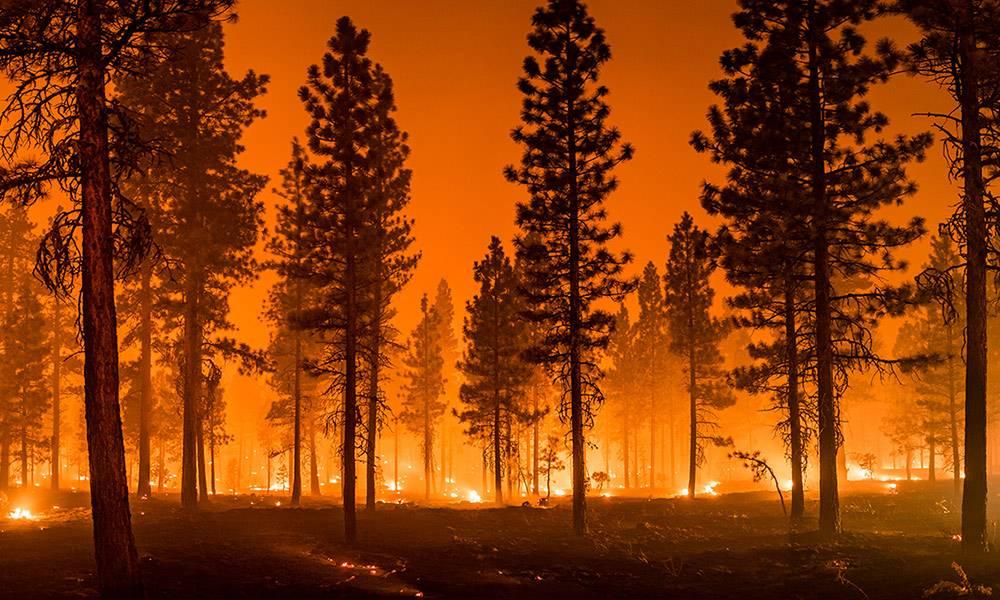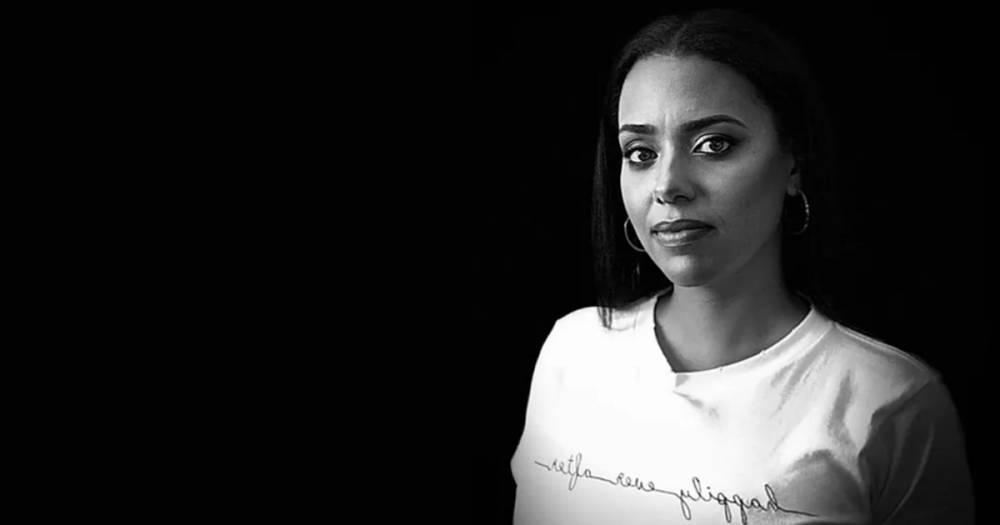The Felons of Fire Season
April 9, 2021

By Kyle Devitt Lee
The Great Migration to sunny California began in the late 19th-century driven by a search for living wages, prosperity, and a better life. As the centuries rolled by, the shape and tone of California shifted with the changing times. But the state has consistently represented a new frontier, a mecca, a home to extraordinary opportunities and second chances.
In recent years, California has seen an exodus as residents flee the seasonal trauma of water shortages and mega-fires. In some ways California has borne the blunt of global warming more than any other state in the country—the canary in the coal mine as extreme weather patterns trigger fires that grow bigger and deadlier with each year. Four years ago, a 300,000+ acre fire was unheard of. Since 2018, we’ve had six “mega-fires.” And last year, a single, monster fire-complex burned through six Northern California counties, laying waste to over a million acres of the Emerald Triangle.

Photo: Stratos Brilakis / Shutterstock.com
Wildfires demand firefighters. So, who is on the frontlines, beating back the flames in defense of California and its citizens? Cal Fire employs around 8,000 permanent and seasonal workers who have made a profession of keeping communities safe. But thousands more on the frontlines are prisoners, risking their lives for a fistful of dollars.
California has used felon firefighters for almost a century. In a given year, 30 to 40% of California’s firefighters are prisoners. They do the necessary jobs of felling trees, hacking through dense underbrush and climbing mountainous terrain to clear flammable brush and set down fire breaks.

Editorial credit: Katherine Welles / Shutterstock.com
Like all firefighters, they regularly risk their lives while putting in long hours, doing backbreaking work in extreme heat. Marty Vinson, an incarcerated firefighter in Fairfield, CA, describes the lethality of firefighting, saying, “Everything we do, you know, no one’s really promised to come back [alive].”
It’s not difficult to understand why the state relies so heavily on this population. Incarcerated firefighters on an active fire line earn less than a dollar an hour, whereas the starting wage for free firefighters is around $26 per hour. According to some estimates, the state saves as much as $100 million a year by using prison labor to fight its fires.

Photo: Sheri Armstrong / Shutterstock.com
This has prompted some to ask if this amounts to a new form of slave labor. And where do these prisoners come from? Most people incarcerated in the U.S. are jailed for non-violent drug offenses. Last year across America there were more arrests for marijuana possession than any other crime, according to Attorney General Merrick Garland. That is to say, there’s a good chance that the felon firefighting to protect your life and home landed on the modern equivalent of a chain gang for holding some weed.
In spite of the danger and difficulties, many felon firefighters – like free firefighters – are enormously committed to the job. Many inmates have sought to continue this valuable work after release from prison. Until recently, that door was closed to them; people with felony records were prohibited from applying for firefighter jobs. Passage of AB 2147 changed this, allowing formerly incarcerated firefighters to petition the court to expunge their record, making them eligible for firefighting employment. Governor Newsom, a supporter of cannabis legalization, stated that “inmates who have stood on the frontlines….should not be denied the right to later become a professional firefighter.”

Photo: J.Emilio Flores / Shutterstock.com
While incarcerated firefighters are often poor and disproportionately people of color, the executives of the state’s biggest and most profitable utility corporation (PG&E) which has been implicated in many of the state’s biggest wildfires remain free, professionally unimpeded, and well-compensated.
Cal Fire found that PG&E bears liability for accidentally sparking wildfires in 1992, ‘94, ‘95, ‘96, ‘99, 2017, and 2018. Despite a demonstrable history of criminal negligence, it’s highly unlikely that any PG&E executive will ever find himself sitting in a shoddy California jailcell, clinging to the aspirational hope of one day becoming a professional firefighter.
Related Articles
 Climate Change and Cannabis Part 1: An Industry Under Siege
Climate Change and Cannabis Part 1: An Industry Under SiegeClimate change is real. The science is there, and the fires are right in front of us. Wildfires have...
 Starting Over with Cannabis POW Evelyn LaChapelle
Starting Over with Cannabis POW Evelyn LaChapelle“In my opinion, the entire industry making billions is built off the backs of those who did it illeg...

